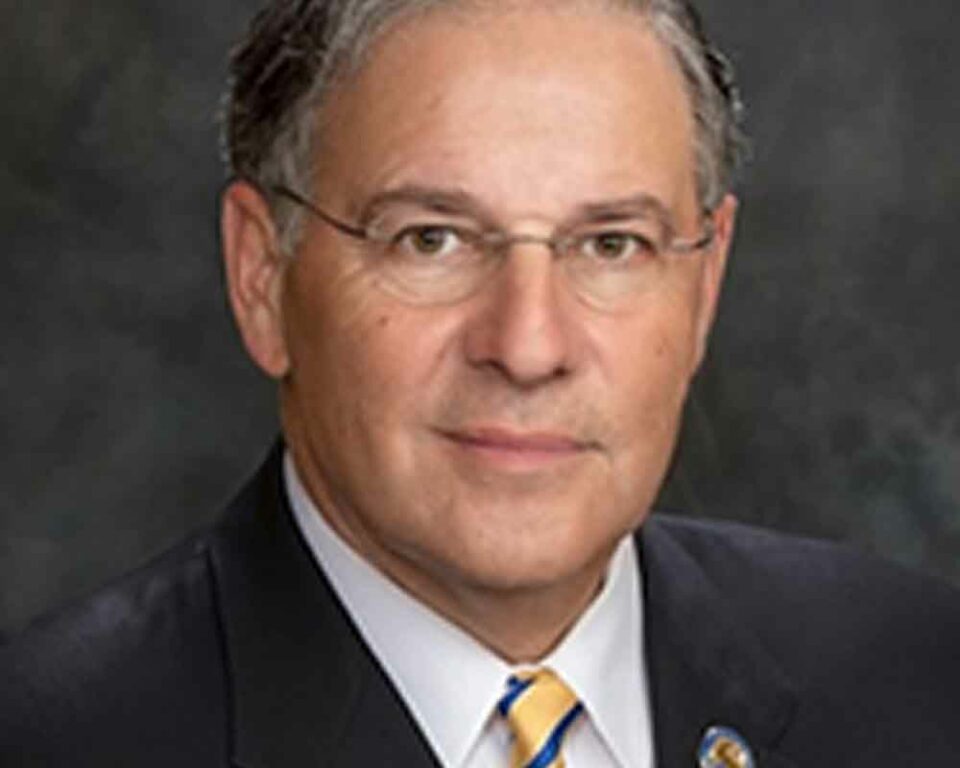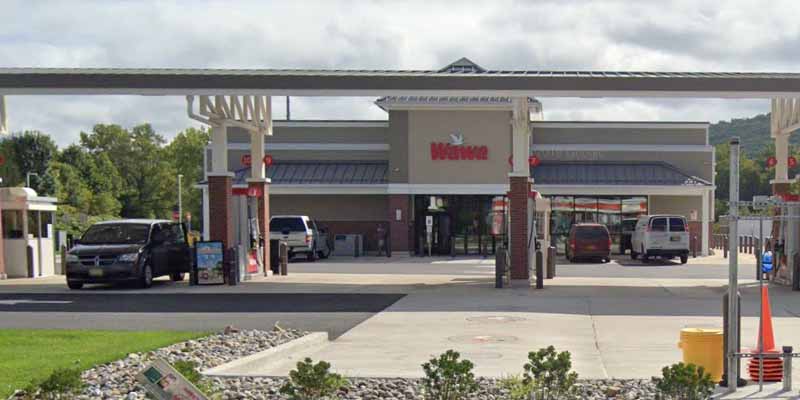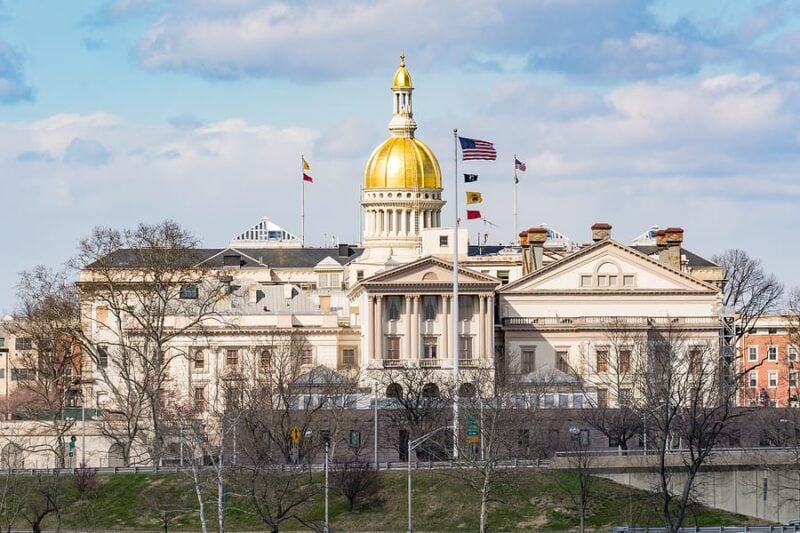Trenton, NJ – State Senator Jon Bramnick (R-Union), a candidate in the 2025 New Jersey gubernatorial race, has introduced a bill that could end New Jersey’s long-standing distinction as the only state in the nation where drivers are prohibited from pumping their own gas.
The legislation, S-4303, dubbed the “Motorist Fueling Choice and Convenience Act,” was filed on March 25, 2025, and seeks to allow gas stations to offer self-service pumps alongside traditional full-service options.
While Bramnick touts the bill as a step toward consumer freedom and modernization, it has reignited a contentious debate in a state where full-service gas is a deeply ingrained cultural hallmark.
New Jersey’s ban on self-service gas dates back to 1949, when the Retail Gasoline Dispensing Safety Act was enacted, citing fire hazards and public safety concerns as justification.

Over the decades, the law has evolved from a safety measure into a point of pride for many residents, who relish the convenience of staying in their cars while attendants handle the pumps—a rarity in the rest of the United States. Oregon, the only other state with a similar prohibition, lifted most of its restrictions in 2023, leaving New Jersey alone in mandating full-service stations.
Under Bramnick’s proposal, gas stations with four or more dispensers would be required to offer both self-service and full-service options between 8 a.m. and 8 p.m.
An attendant would remain on duty to assist drivers who prefer full service or need help, such as motorists with disabilities, for whom the bill mandates accommodations like call buttons or contact numbers.

The legislation also includes consumer protections, prohibiting stations from selling self-service fuel below cost to undercut competitors, though discounts would be allowed if they exceed operational expenses. Local governments would be barred from enacting ordinances to block self-service pumps.
Bramnick, a moderate Republican who announced his gubernatorial candidacy in January 2024, argues that the bill aligns with his campaign’s emphasis on practical governance and personal choice.
However, the bill faces significant hurdles, not least of which is public sentiment. A 2022 Rutgers-Eagleton poll found that 62% of New Jerseyans preferred keeping full-service gas, with only 29% supporting a shift to self-service. More recent data is scarce—Bramnick noted his campaign has not conducted its own polling on the issue—but anecdotal evidence suggests resistance remains strong.
“I’ve gotten emails with some four-letter words about this,” Bramnick admitted to CBS Philadelphia, acknowledging the passion the topic stirs. On X, posts reflect a mix of sentiments, with some users decrying the proposal as a betrayal of “Jersey culture” and others quietly supporting the added flexibility.
Opposition has also emerged from legislative corners.

In 2022, a similar self-service bill stalled in the Assembly Commerce and Economic Development Committee, and Senate President Nick Scutari (D-Union) blocked its advancement. Scutari, citing the Rutgers poll, questioned whether self-service would deliver promised cost savings for drivers and expressed skepticism about changing a system most residents favor.
He left the door ajar, however, saying he’d reconsider if data showed tangible benefits or public opinion shifted.
Proponents of self-service argue it could reduce labor costs for station owners, potentially lowering fuel prices in a state where gas taxes are among the nation’s highest.
Critics counter that evidence from other states shows little correlation between self-service and cheaper gas, and some worry about job losses for attendants, though Bramnick’s bill preserves full-service options to mitigate that concern.
A 2022 Monmouth University poll offered a glimmer of hope for reform, finding 54% of residents supported self-service if attendants remained available—precisely the hybrid model Bramnick proposes.
For Bramnick, the bill is a calculated risk in his gubernatorial bid. Running in a crowded Republican primary set for June 10, 2025, he faces rivals like Jack Ciattarelli and Bill Spadea, who appeal to the party’s conservative base.
His moderate stance and criticism of Donald Trump already set him apart; pushing a divisive issue like self-service gas could either bolster his image as a pragmatic reformer or alienate voters attached to tradition. “It might be risky for a candidate,” Bramnick conceded to New Jersey 101.5. “If people don’t like it, it could hurt me. But I think it’s worth the conversation.”
As the legislative session unfolds, S-4303 remains in its early stages, with no hearings yet scheduled. Its fate may hinge on whether Bramnick can sway a skeptical public and Democratic-majority Legislature—or if, as he quipped to CBS Philadelphia, it becomes “a Dracula bill” that “never sees the light of day.”
For now, New Jersey’s gas pumps stay full-service, but the debate Bramnick has reignited ensures this quirky piece of state identity won’t fade quietly.

